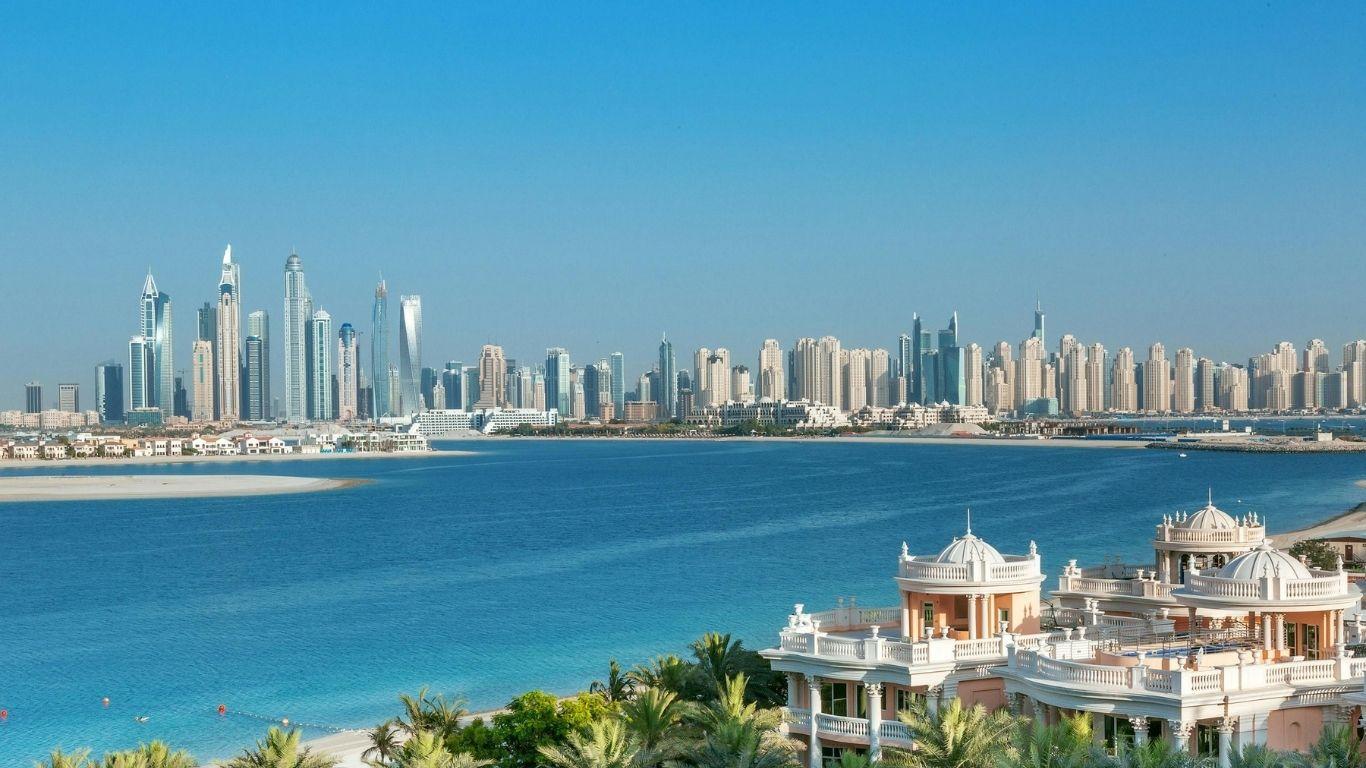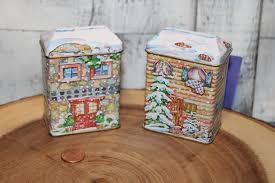Best Water Supply Solutions for Sustainable Living in Dubai

Water scarcity has always been a pressing concern in the UAE, and Dubai stands at the forefront of innovative water management solutions. As one of the fastest-growing cities in the world, Dubai faces unique challenges in ensuring a reliable, sustainable water supply for its residents, businesses, and industries. With rising demand and environmental pressures, adopting sustainable water solutions is not just an option—it’s a necessity.
Dubai’s government has invested heavily in modern desalination plants, efficient water distribution networks, and sustainable water practices to secure its future water supply. However, sustainable living also depends on individual and community efforts. By choosing the right water supply solutions, households and businesses can play a vital role in conserving resources while ensuring uninterrupted access to clean water.
For those seeking reliable alternatives, utilizing a water tanker in Dubai has become a practical solution, especially for areas not directly connected to the main municipal system. Tanker services provide quick and efficient delivery to homes, construction sites, farms, and commercial facilities, ensuring that water needs are met without overburdening the city’s infrastructure.
Understanding Dubai’s Water Supply Challenges
Dubai’s natural climate is hot and arid, with minimal rainfall and limited freshwater sources. Almost 99% of Dubai’s drinking water is produced through seawater desalination, a process that removes salt and impurities to make seawater potable. While desalination is effective, it’s also energy-intensive and places pressure on the environment.
According to reports, Dubai consumes over 550 liters of water per person per day, one of the highest rates globally. This demand is fueled by rapid urbanization, population growth, tourism, and luxury lifestyles. Sustainable solutions must therefore balance availability, cost-efficiency, and environmental responsibility.
Desalination: The Backbone of Dubai’s Water Supply
Advanced Desalination Technology
Dubai operates some of the largest desalination plants in the world, such as the Jebel Ali Desalination Plant. These facilities use multi-stage flash distillation (MSF) and reverse osmosis (RO) to transform seawater into drinking water. Modern RO technology has made the process more energy-efficient, reducing the overall carbon footprint compared to older methods.
Environmental Considerations
While desalination provides a stable supply, it generates brine waste, which can affect marine ecosystems if not managed properly. The UAE has taken steps to minimize this impact through improved brine disposal methods and investments in renewable energy sources to power desalination plants. These efforts align with the country’s Net Zero 2050 Strategy, ensuring long-term environmental balance.
Rainwater Harvesting: An Underutilized Opportunity
Despite low annual rainfall, rainwater harvesting systems can play a significant role in sustainable water use. By collecting and storing rainwater during rare showers, homes and businesses can reduce their dependence on municipal water supplies.
Benefits of Rainwater Harvesting
-
Lower utility costs by supplementing domestic water use
-
Reduced strain on desalination plants during peak demand
-
Eco-friendly water source for gardens, washing, or non-potable applications
In Dubai, commercial buildings, villas, and even agricultural sites can integrate storage tanks, filtration units, and gutter systems to make rainwater harvesting more efficient. While rain events are infrequent, every collected liter contributes to sustainability goals.
Greywater Recycling: Reusing Water Smartly
What Is Greywater?
Greywater is lightly used water from showers, sinks, and laundry, which can be treated and reused for irrigation, flushing toilets, or industrial applications. Unlike blackwater, greywater doesn’t contain human waste, making it much easier to recycle safely.
Benefits in Dubai
Given Dubai’s large number of villas, residential communities, and hotels, greywater recycling presents a massive opportunity to save millions of liters annually. Installing on-site treatment systems allows households to reuse water efficiently, lowering bills and reducing the pressure on the public network.
Implementation
Modern greywater systems are compact and can be seamlessly integrated into new or existing plumbing infrastructure. Developers are increasingly incorporating these solutions into eco-friendly building designs, supporting the Dubai Green Building Regulations.
Smart Irrigation Systems: Saving Water Outdoors
Dubai’s landscapes are lush despite its desert environment, thanks to efficient irrigation technologies. Traditional watering methods often lead to overuse and wastage, but smart irrigation systems use sensors, weather data, and automated scheduling to deliver just the right amount of water.
Key Advantages
-
Up to 50% reduction in water use for gardens and landscapes
-
Improved plant health through consistent watering
-
Remote control through smart apps and devices
For villa owners or businesses managing green spaces, switching to smart drip systems or moisture-sensing sprinklers can significantly lower water consumption without sacrificing aesthetics.
Sustainable Plumbing Fixtures and Appliances
Low-Flow Fixtures
Installing low-flow taps, dual-flush toilets, and water-saving showerheads can cut domestic water use by 30–50%. These fixtures are affordable and easy to retrofit, making them an essential part of sustainable living in Dubai.
Efficient Appliances
Modern washing machines and dishwashers are designed to use minimal water without compromising performance. Homeowners can look for appliances with high water efficiency ratings, which not only save water but also reduce utility bills in the long run.
Community and Government Initiatives
Dubai’s government actively promotes sustainable water use through public campaigns, regulations, and incentive programs. Initiatives like the Dubai Integrated Water Resource Management Strategy 2030 aim to reduce water demand by 30% through efficiency measures, recycling, and innovation.
Community Role
Communities can support these goals by adopting green building practices, participating in awareness programs, and implementing neighborhood-level rainwater or greywater systems. Collaboration between public and private sectors is essential to ensure water security for future generations.
Practical Tips for Sustainable Water Use at Home
-
Fix leaks immediately to prevent water wastage.
-
Schedule irrigation early morning or late evening to reduce evaporation.
-
Reuse rinse water for cleaning outdoor spaces.
-
Install water meters to track and manage usage.
-
Educate family members on water-saving habits.
By making small changes, households can make a significant impact on Dubai’s water sustainability efforts.
Building a Sustainable Future in Dubai
Sustainable living in Dubai is not just about conserving resources; it’s about embracing innovative technologies and responsible practices. From desalination and rainwater harvesting to smart irrigation and greywater recycling, a wide range of water supply solutions is available to meet the city’s growing needs sustainably.
By combining government initiatives, community action, and modern technology, Dubai can continue to thrive as a global leader in sustainable urban development.








